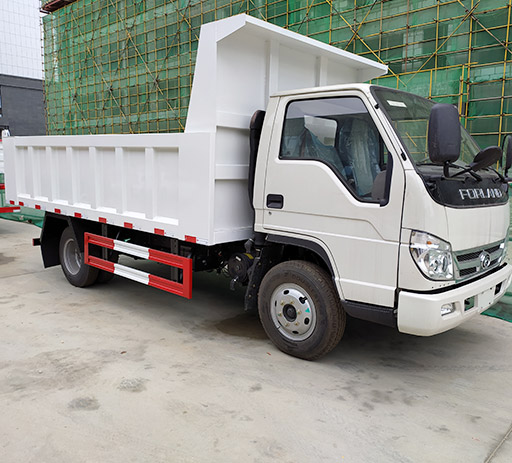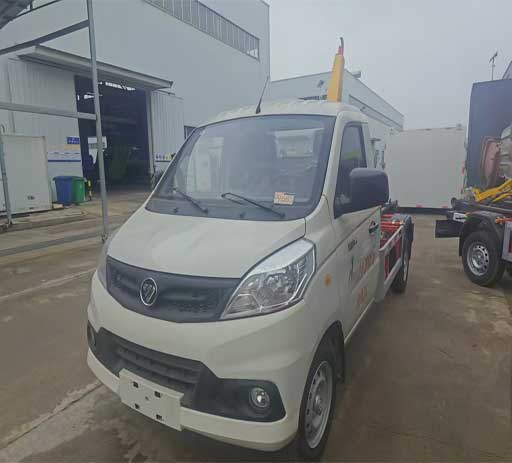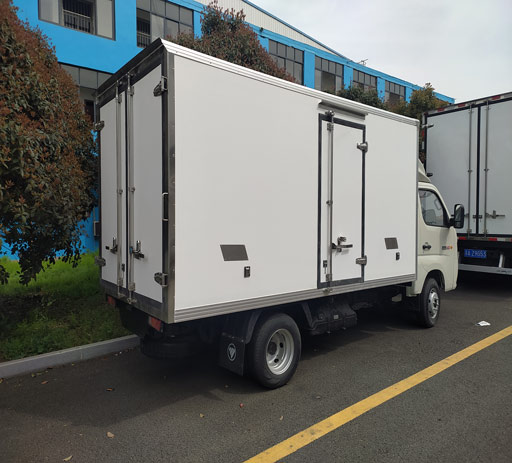LP Cylinder Storage: A Complete Guide for Safety and Efficiency
Liquefied petroleum gas (LPG) is a versatile fuel source used in many industries and households. Proper storage of LP cylinders is critical for safety and efficiency. In this comprehensive guide, we will explore the best practices for LP cylinder storage, regulations, safety measures, and practical tips for maintaining your LPG supply.
Understanding LP Cylinders
What is an LP Cylinder?
An LP cylinder, or liquefied petroleum gas cylinder, is a container designed to store propane and butane in liquid form under pressure. These gases are commonly used for heating, cooking, and fuel for vehicles. Understanding the structure and functionality of LP cylinders is crucial for proper storage and management.
Types of LP Cylinders
- Portable Cylinders: Smaller, meant for household use, often used in BBQ grills or camping.
- Bulk Cylinders: Larger, used for industrial applications and residential heating.
- Tank Installations: Fixed installations for neighborhoods, providing a centralized source of LPG.
Importance of Proper LP Cylinder Storage
Safety Concerns
Improper storage of LP cylinders can lead to severe risks including fires, explosions, and environmental hazards. Ensuring cylinders are stored correctly mitigates these risks significantly.
Legal Regulations
Various regulations govern the storage of LP cylinders, which vary by country or region. It’s essential to familiarize yourself with local laws to avoid fines or legal issues.

Best Practices for LP Cylinder Storage
Location Selection
Choosing the right location for LP cylinder storage is vital. Consider the following:
- Store cylinders outdoors, away from direct sunlight and heat sources.
- Ensure they are placed on a flat, stable surface that can support their weight.
- Avoid locations near flammable materials.
Temperature Control
LP cylinders should be stored in environments where the temperature remains between -20°F (-29°C) and 120°F (49°C). High temperatures can increase internal pressure, leading to the risk of rupturing.
Ventilation
Proper ventilation is crucial to avoid gas accumulation in the event of a leak. Areas designated for cylinder storage should have adequate air circulation.
Handling LP Cylinders
Safe Transport Techniques

- Always transport cylinders upright, secured firmly to prevent tipping.
- Use a hand truck designed for cylinder transport to avoid manual lifting hazards.
- Ensure the valve is closed and the protective cap is securely in place during transit.
Inspection and Maintenance
Regular inspections are vital for maintaining safety. Look for signs of corrosion, dents, or leaks. Follow these tips:
- Check the expiration date or inspection date stamped on the cylinder.
- Perform a leak test using soapy water around the valve and fittings.
- Clean the exterior regularly to remove dust or debris that could conceal issues.
Storage Solutions for LP Cylinders
Storage Racks and Shelters
Investing in proper storage solutions can help keep LP cylinders organized and secure. Consider these options:
- Outdoor Racks: Built to hold multiple cylinders securely.
- Storage Sheds: Weather-resistant materials designed for outdoor use can provide additional protection for bulk storage.
Enhancing Safety with Equipment
| Equipment | Purpose |
|---|---|
| Gas Detectors | Detect gas leaks and alert users to dangerous levels of LPG. |
| Pressure Gauges | Monitor the internal pressure of stored cylinders. |
| Extinguishers | Provide immediate response options in case of a fire. |
Common Mistakes in LP Cylinder Storage
Neglecting Maintenance
Failing to inspect and maintain cylinders can lead to dangerous situations. Make inspections a regular part of your storage routine.
Storing in Poor Locations
Choosing inappropriate locations, such as basements or enclosed spaces, can lead to hazardous gas buildup. Always opt for open, well-ventilated areas.
FAQs about LP Cylinder Storage

1. What is the typical lifespan of an LP cylinder?
LP cylinders typically have a lifespan of 10 to 30 years, depending on the material and usage. Regular inspections help determine their condition.
2. Can I store different types of gases in one cylinder?
No, each cylinder should be designated for a specific type of gas to prevent chemical reactions and ensure safety.
3. What should I do if I smell gas near my storage area?
Evacuate the area immediately, avoid using electronics, and contact emergency services. Do not try to locate the leak yourself.
4. How often should I check my stored LP cylinders?
It’s best to inspect your cylinders at least once a month to ensure they are in good condition and free from leaks.
5. Are there specific training requirements for handling LP cylinders?
Yes, many jurisdictions require training for personnel handling LP cylinders, especially in commercial or industrial settings. Check local regulations for compliance.
6. Is it safe to store LP cylinders indoors?
No, it is not safe to store LP cylinders indoors as they can accumulate gas, leading to potential explosions or toxic exposure.
